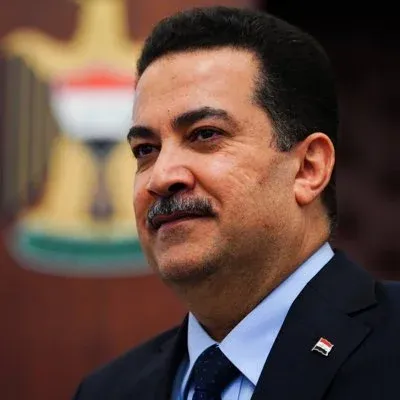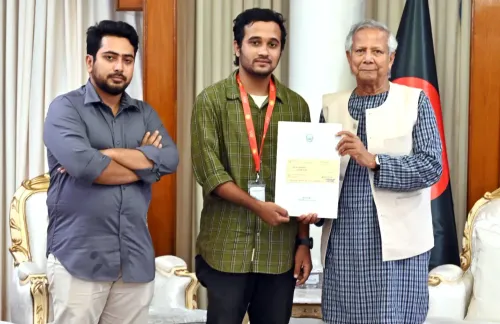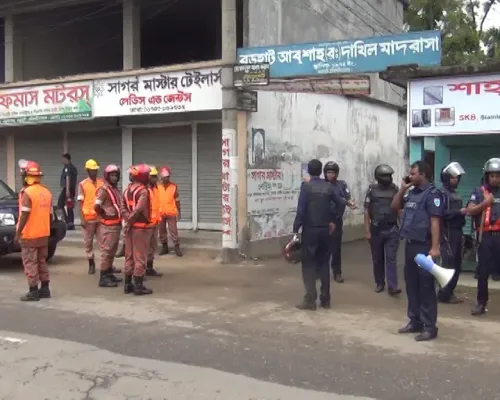How is Iraqi PM Addressing Radiation Risks Amid Regional Tensions?

Synopsis
Key Takeaways
- Monitoring radiation risks is a priority for Iraq amid regional tensions.
- The Israeli-Iran conflict has heightened concerns over potential radiation leaks.
- Experts have confirmed stable radiation levels across Iraq.
- The Central Emergency Operations Room is fully prepared for any radiological emergencies.
- Israeli airstrikes are increasingly targeting Iranian nuclear facilities, escalating the situation.
Baghdad, June 20 (NationPress) - Iraqi Prime Minister Mohammed Shia' al-Sudani has instructed the relevant authorities to persist in monitoring potential radiation hazards as tensions escalate in the Israel-Iran conflict.
This directive came during a meeting with the Central Emergency Operations Room for Radiological and Nuclear Incidents, where they evaluated the nation's preparedness to tackle possible emergencies, according to a report from Xinhua news agency citing his media office.
Experts informed al-Sudani that there has been no increase in background radiation levels throughout Iraq, it stated.
The emergency operations room also confirmed the complete readiness of response teams to implement necessary measures in case of a radiological emergency.
As the Israeli-Iranian conflict intensifies, concerns have grown regarding potential radiation leaks following reports of Israeli airstrikes targeting Iranian nuclear facilities.
In a related statement, Israel Defense Forces (IDF) spokesman Effie Defrin announced that the Israeli Air Force has executed new attacks in western Iran.
Defrin noted that Israeli jets targeted sites used for surface-to-surface missiles on Wednesday evening, striking operatives attempting to access and remove munitions from previously targeted locations.
This operation marks the third significant wave of Israeli airstrikes over Iran within a 24-hour span, with the initial overnight assault involving over 50 fighter jets hitting around 40 targets in the vicinity of Tehran.
The subsequent wave of strikes commenced Wednesday afternoon, impacting over 20 additional targets in the Tehran area.









